Home »
All Resources »
Green Gown Awards 2021: Research with Impact – Institution - Aston University - Finalist
An agricultural bio-economy: From green dream to sustainable reality
Climate change will change our lives, but low and middle income countries will experience the greatest temperature rises, droughts and crop failures. Balancing population expansion and energy access while controlling greenhouse gases is a huge task. Yet millions of tonnes of crop-residues and wastes are annually wasted in countries where agriculture is a key component of economic activity.
The Energy and Bioproducts Research Institute (EBRI) at Aston University is carrying out world-leading research into innovative ways of converting agricultural residues and wastes into sustainable energy and products in low and middle income countries. We don’t just deliver greenhouse gas reductions: we develop technologies, supply chains and business models that support livelihoods, food security, energy access and resilience in sub Saharan Africa, south east Asia and south America. We use our academic knowledge and skills to go beyond technologies; delivering sustainable systems that dispel food:fuel friction by focusing on the energy/water/land nexus to implement sustainable systems that deliver environmental, economic, and social benefits.
Top 3 learnings:
- We learnt that delivering energy access can unleash myriad social and economic benefits in different country contexts.
- We confirmed that empowering local communities with knowledge maximizes local benefits.
- We proved that demonstration and dissemination foster replication; translating local benefits into global solutions.




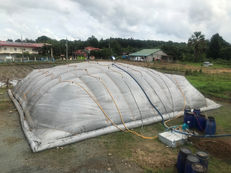
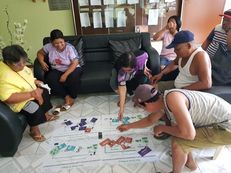
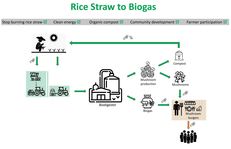
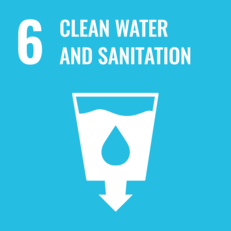
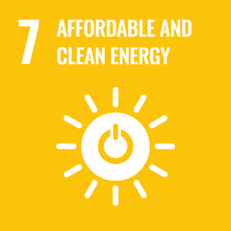
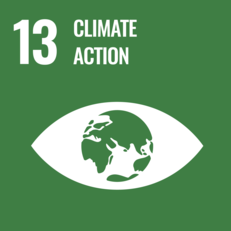
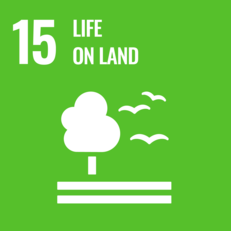

 Except where otherwise stated, content on this site is
licensed under a Creative Commons Attribution 3.0 License.
Except where otherwise stated, content on this site is
licensed under a Creative Commons Attribution 3.0 License.
